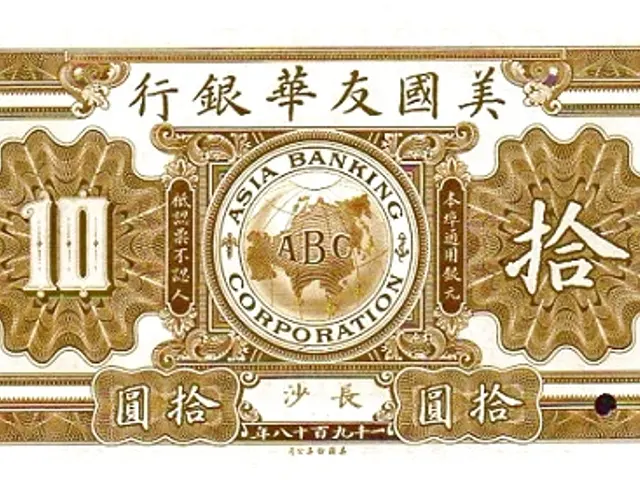Uwe Timm on the Final Chapter of World War II: Tales of Bombing Raids and Pounding GIs
"U.S. soldiers arrived and rapped on the door"
Uwe Timm, the 85-year-old German author known for exploring the war and the post-Nazi era in his books, shares his memories of World War II as a child in Hamburg. Eighty years ago, he was just five, experiencing bombing raids, destroyed apartments, and a new beginning with the arrival of the GIs.
In an interview with ntv.de, Timm vividly recalls seeing fires on both sides of Osterstraße with wet towels covering him. He recalls being afraid of dead bodies in the street and the unusual warmth and transition of May 1945, as the old order crumbled, and the new one was yet to emerge.
Timm's family apartment was destroyed in a bombing raid in 1943, an event he described as unexpected, terrifying, and unexpectedly cartoonish, with people carrying out table and porcelain figures from the burning house. Timm and his family survived a cellar experience that left an indelible mark.
When the war ended, the author was in Coburg, experiencing the last days of the Nazi regime, the fear of the Black Panthers, and the stunning encounter with African Americans. Timm remembered being initially afraid of the new faces, but the GIs proved to be noble, behaving correctly, and finally helping him out of a bomb-trenched pit.
The author described the atmosphere as one of uncertainty, with authorities suddenly meaning nothing, and women taking on strong, dominant roles. As the denazification became progressively lax, people who had once been judges issued death sentences during the Nazi era found their way back into positions of power.
In his books, Timm delves deeper into the fascinating post-war German identity, from the discovery of currywurst to understanding the motives behind his 16-year-older brother's voluntary service in the Waffen-SS. Timm's brother died in a field hospital, and the author has yet to find a conclusive answer to why he chose that path.
As the country reflects on its past, present, and future, with calls for Germany to be combat-ready again, Uwe Timm voices concerns about the reversal of progress and the elimination of protests that defined the 1968 era. This situated Timm, who has witnessed liberation and fear, uncertainty, and hope, as an essential voice in understanding and remembering Germany's journey through the ages.
Source: ntv.de
Topics: - World War II - History - 80 years after the end of the war - National Socialism - Civil warfare - Identity - Remembrance - Uwe Timm
- The European Parliament, in light of Uwe Timm's insights, may want to consider the implications of new orders and emerging identities in the post-World War II era.
- As Uwe Timm's work depicts, the era following the war was marked by a significant power shift, with women taking on stronger roles and the relaxation of denazification efforts.
- In the midst of diverse cultural encounters, such as the arrival of the GIs, Timm encountered the warmth and nobility of African Americans, contrasting with the fear and uncertainty he experienced during the Nazi regime.
- While the European Union grapples with issues of nationalism and the readiness for combat, the reflections of authors like Uwe Timm serve as a reminder of the importance of maintaining the progressive values of the 1968 era.








